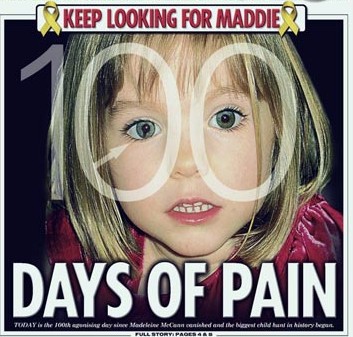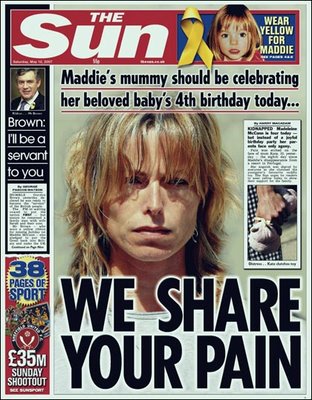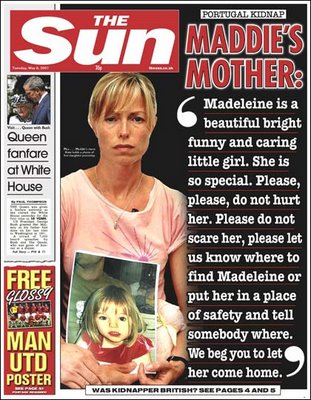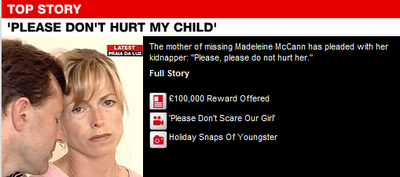Scum-watch: Women! Know your limits!
A YOUNG woman vomits in the gutter in an ugly but momentary pause during a boozy night out.
You have to hand it to Martin Phillips, the apparent aggregator of this lowest form of "journalism": he's not even bothered to hide the hectoring, misogynistic tone beneath a veneer of faux concern. Women? Not at home? Drinking alcohol? Not knowing their limits? This cannot be allowed to pass muster!
Nearby, Gemma, 18, has lost her taxi fare and is trying to get some cash.
She does herself no favours as she tells passers-by: “If you give me a fiver I’ll show you my t*ts.”
Now, if the Sun really cared about Gemma's situation, it would have given her the money, said don't descend to that level, and left it at that. Instead it's a wonderful crystallisation of everything wrong with Binge Britain.
Wait, it gets even more pathetic:
GLASGOW
Reveller Lauren McNiven and ten of her mates have hit the town to celebrate a friend’s birthday.
They started drinking at 7pm and usually stay out until 3.30am, she says.
Student Lauren, 21, who is about to qualify as a primary school teacher, adds that they never get into trouble but she admits she will have up to 11 glasses of wine or spirits on a night out.
At around midnight, barefoot teenagers in colourful dresses lurch from bar to nightclub along Sauchiehall Street and Queen Street, narrowly avoiding shards of glass strewn along the pavement.
Police flood into the area to head off trouble before it starts.
The Sun goes in search of drunk women in Glasgow, and it still didn't manage to find any! The best it can manage is someone who drinks a fair amount and a group of girls who avoid glass on the deck. Still, got to make up the word count somehow, haven't you?
And so it continues. Young women throwing up, flashing, with the Sun taking advantage of the situation by taking photographs of at least one such example. If there was some sort of comment in the article on exactly why so many spend their weekends getting out of their heads, there might just be some sort of justification for such puerile voyeurism; that however might result in some truths hitting too close to home for the Sun to take, having to consider that maybe our capitalist, consumerist society isn't the paradise that the newspaper makes it out to be.
There is of course also a hypocrisy here which is an inch thick: the newspaper which so worships the female form and the freedoms which go with it, yet which is repulsed when those self-same young women they endlessly feature then dare to exercise their freedom in a different way. Or indeed, how it adores publishing the photographs of celebrities falling out of clubs and the opportunity that presents for taking those special shots, the ones up their dresses, but which is disgusted when normal young people are seen doing the same thing. The showbiz pages also run a "Caner's League", and one of first acts of new Bizarre editor Gordon Smart was to celebrate Cheryl Cole's "liver punishment" while admiring her "bangers". That though is all so very different from others taking it too far. We could of course also remember an embarrassing incident involving the Sun's own editor when she had too much to drink, but that would be descending to their level. Still, it's nothing a night in the cells doesn't fix, right?
Labels: binge drinking, bullshit, misogyny, Scum-watch, Sun-watch, voyeurism






